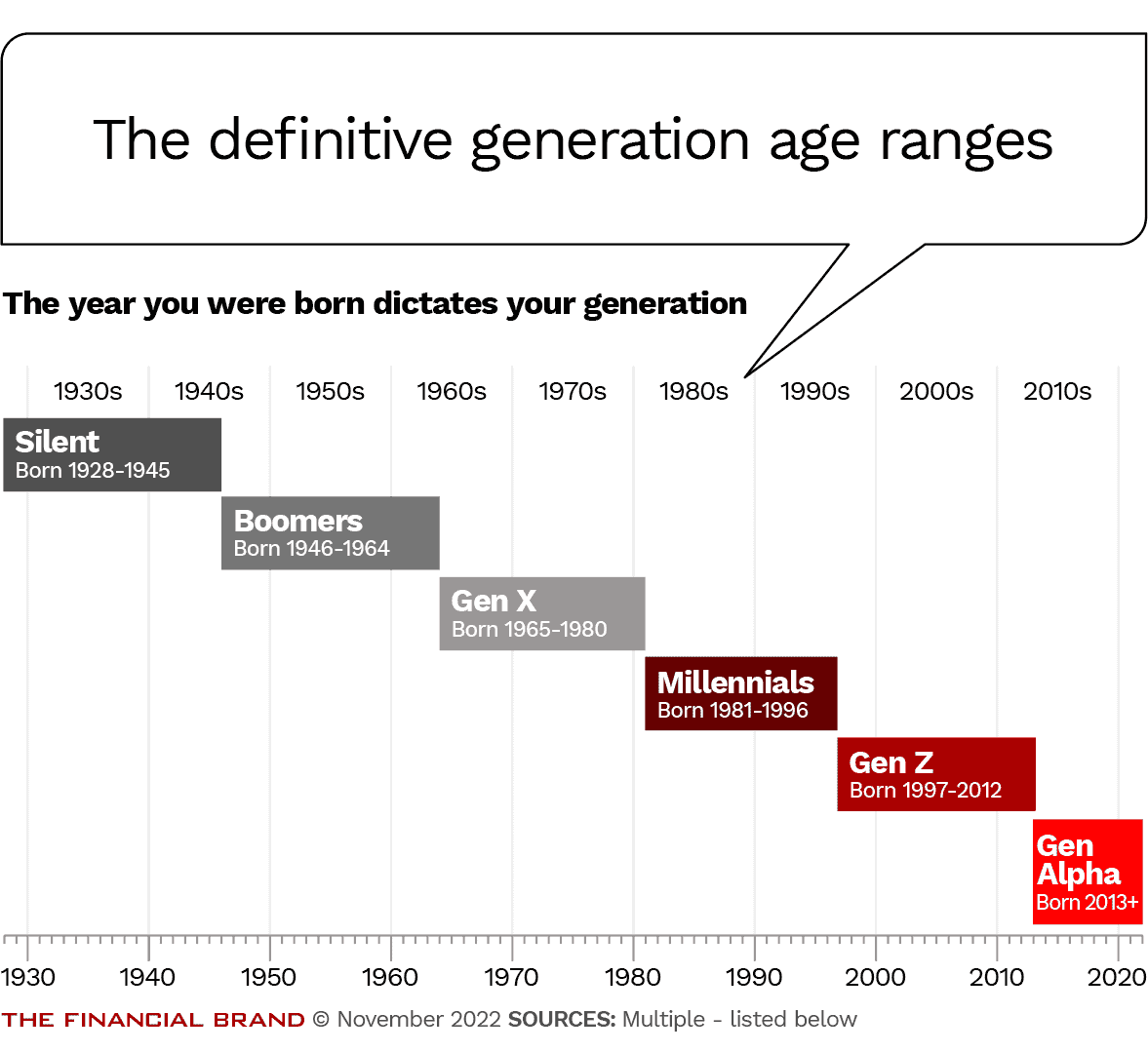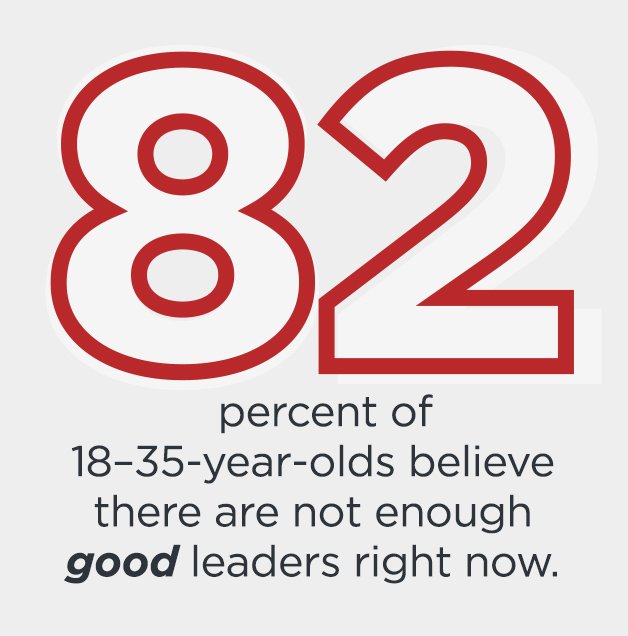
The way we categorize generations has undergone a significant shift. The Pew Research Center has introduced revised guidelines that redefine the birth years for Millennials and Gen Z. This update has sparked a wave of interest, as it challenges the traditional understanding of these demographics. In this article, we will delve into the revised guidelines, exploring their implications and what they mean for marketers, researchers, and the general public.
The Revised Guidelines: A New Era for Millennials and Gen Z
According to the Pew Research Center, Millennials are now defined as individuals born between 1981 and 1996, while Gen Z includes those born between 1997 and 2012. These revised guidelines provide a clearer distinction between the two generations, allowing for more accurate analysis and understanding of their unique characteristics, values, and behaviors.
The previous birth years for Millennials were generally considered to be between 1980 and 1995, while Gen Z was thought to include those born between 1996 and 2010. The revised guidelines have pushed the start year for Gen Z forward by one year, effectively reclassifying individuals born in 1996 as Millennials rather than Gen Z.
Implications of the Revised Guidelines
The revised guidelines have significant implications for various industries, including marketing, education, and research. By providing a clearer definition of each generation, businesses and organizations can tailor their strategies to better meet the needs and preferences of their target audience.

For instance, marketers can use the revised guidelines to develop more effective campaigns, taking into account the distinct values, attitudes, and behaviors of Millennials and Gen Z. This can include creating content that resonates with each generation, using platforms and channels that are most popular among their target audience, and developing products and services that cater to their unique needs.
Similarly, educators and researchers can use the revised guidelines to develop more targeted programs and studies, focusing on the specific characteristics and challenges of each generation. This can include developing curriculum and teaching methods that are tailored to the learning styles and preferences of Millennials and Gen Z, as well as conducting research that explores the unique experiences and perspectives of each generation.
Understanding the Characteristics of Millennials and Gen Z
The revised guidelines provide an opportunity to re-examine the characteristics and values of Millennials and Gen Z. Millennials, born between 1981 and 1996, are often associated with traits such as diversity, tolerance, and a strong sense of social justice. They are also known for their tech-savviness, having grown up during a time of rapid technological change.
Gen Z, on the other hand, is characterized by their pragmatism, resilience, and entrepreneurial spirit. Born between 1997 and 2012, Gen Z has grown up in a world marked by uncertainty and change, with many having experienced the impact of the COVID-19 pandemic and other global events.
The revised guidelines for Millennials and Gen Z provide a new framework for understanding these demographics. By recognizing the distinct characteristics, values, and behaviors of each generation, businesses, educators, and researchers can develop more effective strategies and programs that cater to their unique needs. As we continue to navigate the complexities of the modern world, it is essential to stay up-to-date with the latest research and trends, using the revised guidelines as a foundation for our understanding of these influential generations.
With the revised guidelines in place, we can expect to see a shift in the way we approach marketing, education, and research, as well as a deeper understanding of the values, attitudes, and behaviors that define Millennials and Gen Z. As we move forward, it will be exciting to see how these revised guidelines shape our understanding of the generational landscape and inform our strategies for engaging with these demographics.









